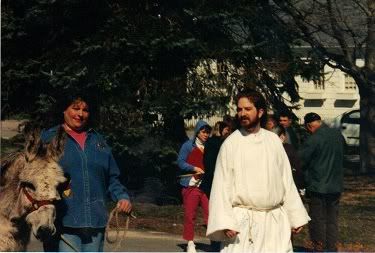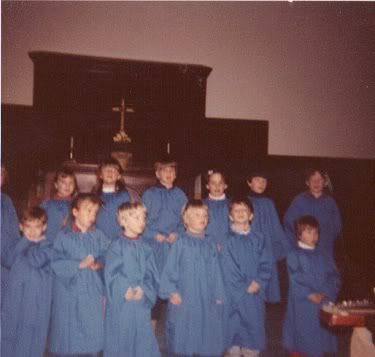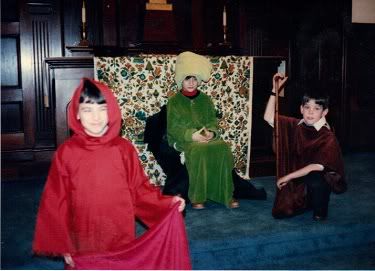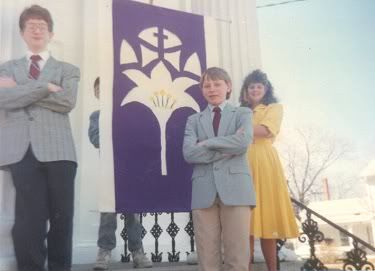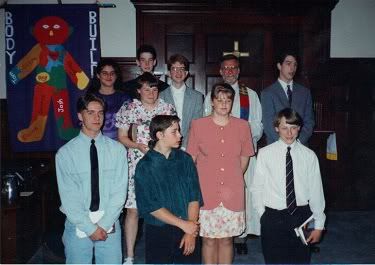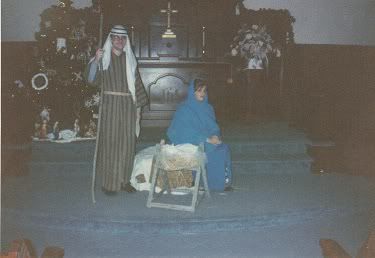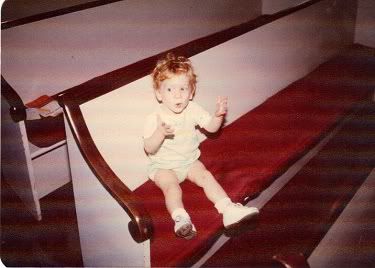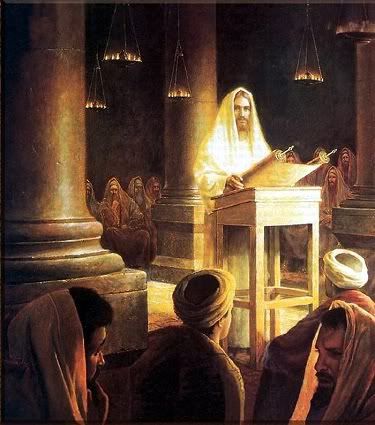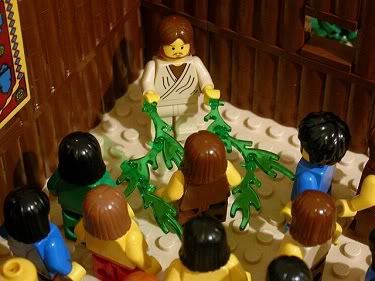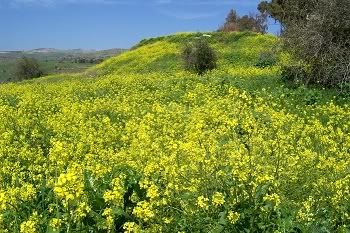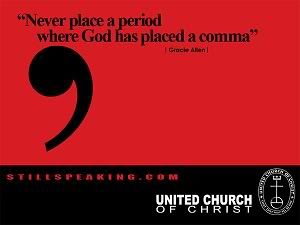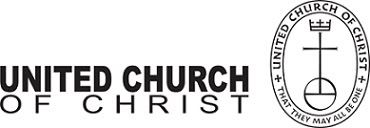Joshua J Sander
05/27/12
Pentecost Sunday
Memorial Day Weekend
“All”
Romans 8:22-27
Acts 2:1-21
Welcome back. Previously in the Gospel of John, Jesus said, “You will receive power when the Holy Spirit has come upon you; and you will be my witnesses in Jerusalem, in all Judea and Samaria, and to the ends of the earth.” And then I said, “Amen.” We sang a hymn, I gave a benediction, and then we all went home and had lunch. But I hope that the challenge I gave us stayed with you throughout the week: The challenge for us, myself included, was and is to go out into the world and look in the right direction for the Kingdom of God—within ourselves and one another. And where we see that the Kingdom is not present, we should work to make it so. The challenge, in other words, was and is to participate in the reign of God now, that they may all be one.
But what of that cliffhanger? What about that Advocate that Jesus promised to send the disciples? What of the power Jesus promised? Well, Luke tells us about the arrival of the Advocate, I mean to say the Holy Spirit, in the scripture we just heard from the Book of Acts: When the day of Pentecost had come, they were all together in one place. And suddenly from heaven there came a sound like the rush of a violent wind, and it filled the entire house where they were sitting. Divided tongues, as of fire, appeared among them, and a tongue rested on each of them. All of them were filled with the Holy Spirit and began to speak in other languages, as the Spirit gave them ability.
When the day of Pentecost had come… Pentecost is the English translation of the Greek word for the Jewish holiday Shavuot, or the Feast of Weeks. Which is kind of funny considering… well, you’ll see. Shavuot traditionally occurs at the close of the grain harvest fifty days after Passover and it is a joyful “…feast that celebrated new life and new crops by offering a gift of first fruits in gratitude and praise.” (Kathryn Matthews Huey and Mark J. Suriano) So it totally makes sense that they would all be together in one place.
And Shavuot also explains why there were so many visitors from places we can barely pronounce in Jerusalem—and the fact that we have such a hard time saying Parthians, Medes, Elamites, and residents of Mesopotamia, Judea and Cappadocia, Pontus and Asia, Phrygia and Pamphylia, Egypt and the parts of Libya belonging to Cyrene, and visitors from Rome, both Jews and proselytes, Cretans and Arabs is kind of funny because… well, I’m getting ahead of myself. You’ll see.
And suddenly from heaven there came a sound like the rush of a violent wind, and it filled the entire house where they were sitting. You know, I think I could go on all day on the theme of wind! I could probably do half a sermon on the philosophy of Avatar: The Last Airbender. I could probably pull together a decent metaphor out of the way the comic book character, Storm, harnesses the wind to literally lift herself up and fly. But none of those fun things hold a candle to the reality of what wind can do in real life. And none of them have the deep meaning that wind has in the Biblical witness.
I think the real life story that puts the phrase “violent wind” most into perspective for me occurred on April 21st, 2001 in my mother’s hometown of Hoisington, Kansas. How many of you have heard of Hoisington? (How many of you know it because of the tornado?) If I have my information right, a funnel cloud touched down just a mile southwest of the city at 9:15 in the evening and quickly grew into a large tornado. Within three minutes, it had intensified to an F4 (that’s out of 5, folks), with winds of more than 200 miles an hour.
According to the National Weather Service, the tornado chewed up a path of “almost complete destruction” along a path two miles long and two blocks wide through northwest Hoisington. I have to tell you that I was in Hoisington later that summer, and nothing prepares you for the reality of a two block wide, two mile long swath of familiarity just—erased. And that was after most of the clean-up.
Can you imagine what it was like for the folk who were working at the Dairy Queen? When the sirens went off they climbed into the walk-in freezer. When everything calmed down they walked out of the walk-in freezer and what was left of the Dairy Queen was the freezer—and about a foot of foundation. Or 17 year old Heather Nye who went to her senior prom and came home to find her house gone. The good news was that she found her car. The bad news is that the car was in her basement. You can’t make this stuff up. This is the kind of change a violent wind can cause.
Many of you know by now that I’m a bit of a linguist, I mean to say that I’m a lover of words, and there’s something really cool about the way the word “wind” is in the Bible. The Jewish scriptures, of course, were written in an ancient form of Hebrew. And the New Testament was written in Koine, a form of Greek that is no longer spoken. In both the Hebrew, “ruah,” and the Greek, “pnuma,” the word not only means “wind” but also “air,” “breath,” and “spirit.”
So in Genesis “the earth was a formless void and darkness covered the face of the deep, while a wind from God swept over the face of the waters” can also be read, “the breath of God swept over the face of the waters,” or “the Spirit of God swept over the face of the waters.” Or when God makes Adam “from the dust of the ground, and breathed into his nostrils the breath of life; and the man became a living being,” you could also say that “God blew into his nostrils the spirit of life.”
I could go on and on—and I invite you to get ahold of a Biblical concordance and look up the word “wind” and try replacing it with “breath” and “spirit,” you get a lot of cool insights that way. For today, though, it is enough for us to notice that the Breath of God, the Spirit of the Lord, filled the house with a sound that probably sounded an awful lot like a freight train going by.
And divided tongues, as of fire, appeared among them, and a tongue rested on each of them. I’m always struck by this image because it feels like an eye witness trying to describe something indescribable. “And then there was this… energy? It kind of was divided like… have you ever tried to look at a fire and see the individual flames? It was like that. Kinda. And it was on their heads!!”
The other reason I’m struck by the image of the tongues of fire is because the storyteller in me goes, “Aha! This is a reference to a much earlier part of the story…” After all, there is another place in the Bible where there is a description of something like a fire, but not like a fire. “Moses was keeping the flock of his father-in-law Jethro… and came to Horeb, the mountain of God. There the angel of the Lord appeared to him in a flame of fire out of a bush; he looked, and the bush was blazing, yet it was not consumed… When the Lord saw that he had turned aside to see, God called to him out of the bush, ‘Moses, Moses!’"
Well… that was the beginning of one of the most important events in Jewish theology. And here we have more fire-that-isn’t-fire. The storyteller in me wants to assume that something equally important is happening here in Acts. But what is it? After all, as a reflection by Kathryn Matthews Huey and Mark J. Suriano points out, “There have been manifestations, remarkable displays of God's Spirit in the Bible before, of course, with sound and light and amazing ‘special effects,’ as we call them today.”
Where’s the real miracle here? “Now there were devout Jews from every nation under heaven living in Jerusalem. And at this sound the crowd gathered and was bewildered, because each one heard them speaking in the native language of each. Amazed and astonished, they asked, ‘Are not all these who are speaking Galileans? And how is it that we hear, each of us, in our own native language?’” (See, isn’t it kind of funny that we can’t even pronounce the names of their countries anymore, let alone speak their languages?)
The miracle is not in the first question, “Aren’t they all Galileans?” That question is actually based in a stereotype bordering on racism—calling them Galileans is kind of like calling someone a backwoods hick, or a redneck, or white trash—the crowd is initially astonished because of who the sign and the message is coming from, rather than what the sign and the message actually is.
Even at our best we’re all a little guilty of that at some point in our lives, right? And at our worst we simply cannot see past the messenger. At our very worst we actually refuse to acknowledge what’s right in front of us: others sneered and said, "They are filled with new wine."
No, the core of the miracle can be found in the question, “How is it that each of us hears them speaking about God's deeds of power in our own languages?” The real miracle is interpreted, I mean to say it is explained by Peter when he answers the people, saying, “these are not drunk, as you suppose… No, this is what was spoken through the prophet Joel: 'In the last days it will be, God declares, that I will pour out my Spirit upon all flesh, and your sons and your daughters shall prophesy, and your young men shall see visions, and your old men shall dream dreams.
Even upon my slaves, both men and women, in those days I will pour out my Spirit; and they shall prophesy. And I will show portents in the heaven above and signs on the earth below, blood, and fire, and smoky mist. The sun shall be turned to darkness and the moon to blood, before the coming of the Lord's great and glorious day. Then everyone who calls on the name of the Lord shall be saved.'"
Yes, there are other displays of God's Spirit in the Bible, complete with sound and light and amazing ‘special effects,’ but they were all for the select few: Moses on a mountaintop or Disciples in a locked room. Peter is telling us that God is pouring out the Spirit upon all flesh. Male and female, old and young, slave and free… All of us receiving the Holy Spirit and dreaming! Not only getting to dream but also being expected to prophesy—to hear what God is telling us, right here and now, and to communicate it to the world—to go out and tell somebody, everybody!
Do you remember last week when the disciples asked Jesus, “Lord, is this the time when you will restore the kingdom to Israel?” And Jesus didn’t really answer, saying, “It is not for you to know…” Well I think that Jesus was actually kind to give the disciples a non-answer, because the actual answer was, “You still don’t get it, do you? You just don’t get it.”
Now they get it. The Good News isn’t about restoring the Kingdom of Israel. The Kingdom of God is here now, within us. These are the days Joel was talking about—the days where God pours out the Spirit upon all flesh—the days when sons and daughters prophesy—the days when the young see visions—the days when the old dream dreams—the days where even the lowest among us hear the Word and proclaim it.
Do you feel it? Do you feel the Spirit being poured out on you? Do you hear what God is saying to you? Will you voice it? I’m telling you right now that our youth, our sons and daughters, our young people—they do prophesy. Are we listening? What I’m trying to ask you is, do we get it? Do we? Because these are the days, you know. God’s Spirit is poured out on all of us, male and female, old and young, rich and poor, foreign and domestic, familiar and unfamiliar.
All. All. All.
